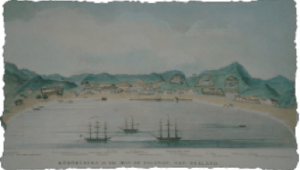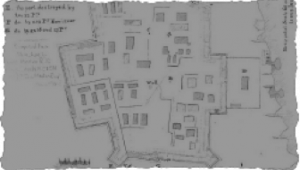
Social Organisation



Māori society was organised into more-or-less autonomous communities, connected through complex networks of kinship ties and political alliances. Communities were loosely grouped into iwi (tribes) defined by descent from a common ancestor. The iwi was the largest unit of Māori society, however, there was no permanent office of “paramount chief” at the level of the iwi. Decisions were reached through negotiation among rangitira (chiefs) and kaumatua (family leaders). Formal hui (meetings) were held to discuss important issues, where people of sufficient rank would speak in turn.
Personal status was strongly influenced by genealogy and gender. Males were superior to females, elder siblings superior to younger siblings. The status of a person was based on the level of mana they possessed. Mana is often translated as “prestige” but is also encompasses spiritual power, status, charisma and authority. Rangitira were defined by their possession of sufficient mana. Mana was inherited, however the mana of a person or a hapū could increase or decrease depending upon their successes or failures. In other words, leadership in Māori society was not determined through inheritance alone. A rangitira who failed to lead his hapū to success would suffer a loss of mana (and therefore power).
In terms of everyday life, the hapū was the most important social unit. Hapū were fairly small, their members numbering in the hundreds. Māori communities were formed by hapū (or several hapū), under the leadership of a rangitira whose mana offered them protection. Hapū were connected to each other to varying degrees through kinship ties and common ancestry. Intermarriage between high-ranking men and women was one way to strengthen kinship ties and promote friendly relationships.
The authority of a chief extended over a rohe, and it was here that his hapū built their houses, planted gardens and stored their food supplies. Members of the hapū would work together to carry out larger-scale projects, such as making a canoe, clearing land for cultivation or going on a fishing expedition. Each whānau would share a sleeping house, and the grandparents would focus upon looking after the children while the parents worked. The kaumatua was the leader of his whānau, and his wife also had a great deal of influence.
In the absence of an overarching system of governance, Māori society was ordered and organised according to tikanga. Tikanga can be loosely translated as “customs”, but it really means more that that. Tikanga is the prescribed and correct way of doing things, and it governed almost every aspect of Māori life.



